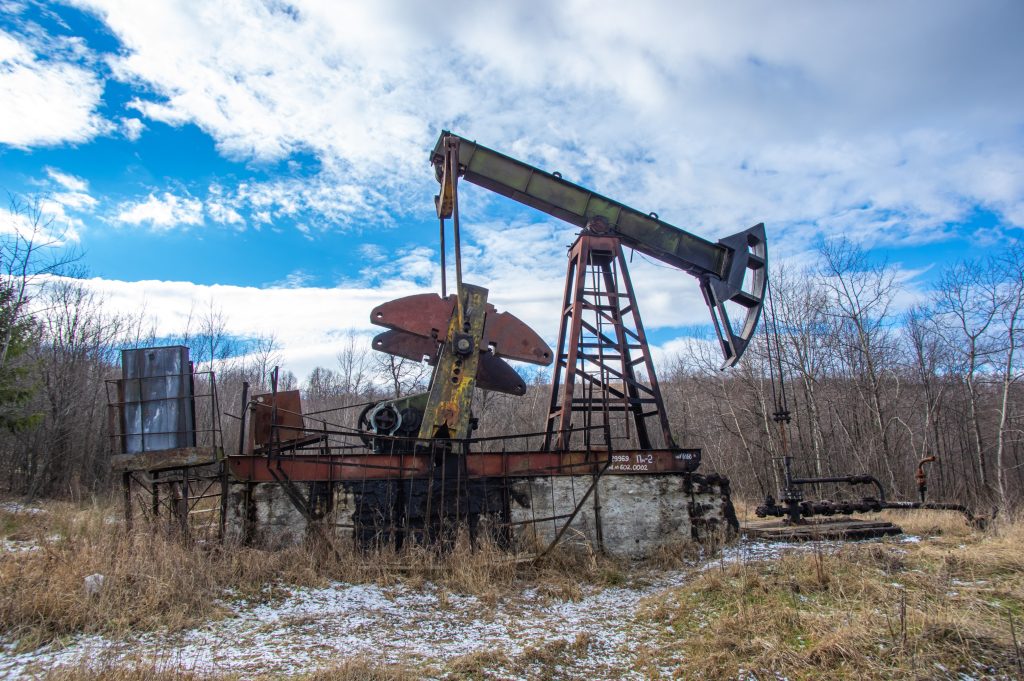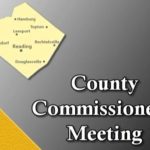A group of lawmakers is urging the EPA to show the Keystone State support by enacting strong, comprehensive methane regulation standards. Pennsylvania’s oil and gas companies emit more than 1.1-million tons of methane annually, and Elected Officials to Protect America believes the EPA’s new proposal to reduce methane emissions in oil and gas development should be tougher.
Joel Hicks, a Carlisle Borough Councilmember, suggested the agency eliminate routine flaring, the process of burning rather than capturing methane, and strictly limit it to instances when it is necessary for safety or maintenance.
“When you flare methane, it’s not good, but it’s better than releasing it right to the atmosphere, it’s less damaging in terms of the greenhouse gases’ impact to our atmosphere. The goal here is if we contain all this methane, we have more to use and it’s more economical,” Hicks said.
Hicks added many of Pennsylvania’s orphan wells are leaking dangerous amounts of methane, a pollutant 80 times stronger than carbon dioxide over a 20-year period. More than 1,000 lawmakers across the country have signed a letter calling for a comprehensive national plan to combat the climate crisis.
Hicks said a component of the Inflation Reduction Act is a big step toward reducing methane emissions, and explained how it would charges a fee on emissions tracked under the Greenhouse Gas Reporting Program, and requires the EPA to monitor it.
“We have literally thousands of untapped wells, and probably none more than in Pennsylvania, The landscape is scattered with many sorts of tapped-out wells that have absolutely no monitoring and no controls over emissions,” he said.
Hicks also suggested the EPA expand the threshold for storage tanks and strengthen the standards to address their emissions by making those rules apply to more tanks.
“So the rule making will help provide the technology to identify locations, whether that’s a tapped well, whether that’s a storage tank, whether that’s a pump, that could be leaking it. It provides monitoring, ” he said.
Hicks noted natural gas is always mostly methane. But in many areas, there are other blends of gases called volatile organic compounds that are harmful to human health and linked to increased probability of cancer.




![Clergy Abuse Reform 12-10-19 [League of Women Voters PART 1]](https://www.bctv.org/wp-content/uploads/2019/12/maxresdefault-41-150x150.jpg)